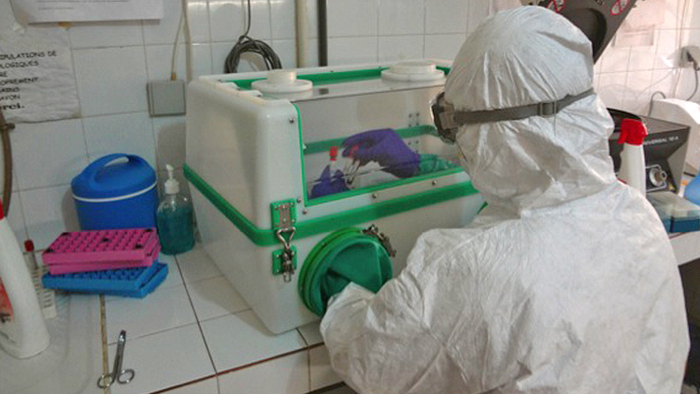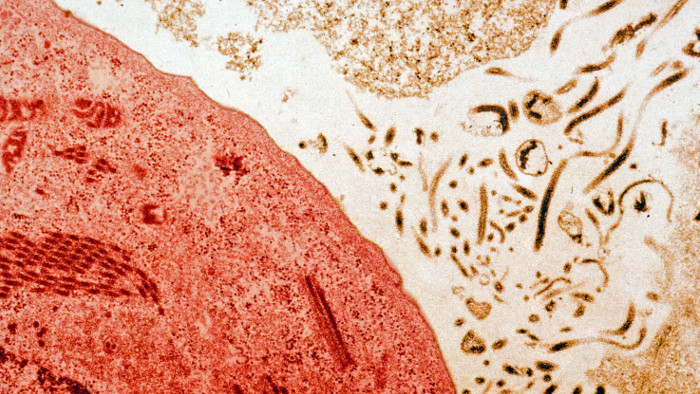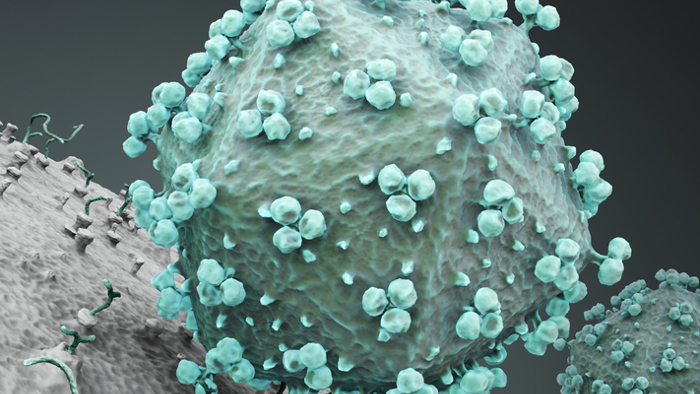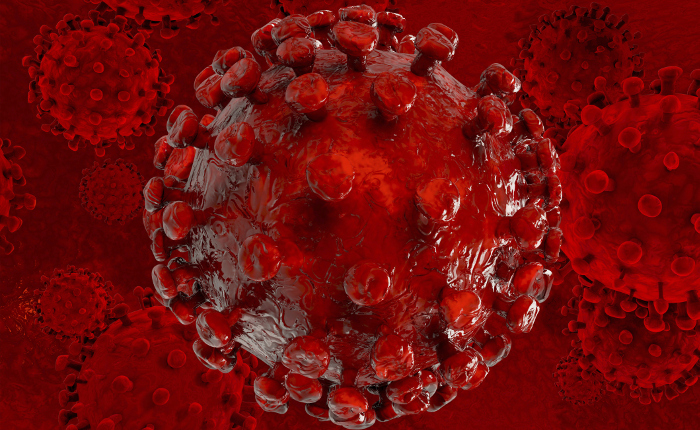Magnus Fontes has always had a passion for data. His work during the last decades involves shaping, modelling and deciphering, transforming an indiscernible noise of numbers into clear, understandable information that is used by companies around the world to work better and smarter.
Some years ago, when Magnus visited the Institut Pasteur in Paris, France, he saw a sign at the entrance. It’s message has stuck with him ever since. It bore the Institut Pasteur’s slogan: “Disease knows no borders, and neither do we.”
“That really spoke to my heart,” Fontes remembers. “I knew right in that moment that was exactly where I wanted to try and make some kind of contribution.”
The visit sparked Magnus’ desire to channel the power he saw in data into healthcare, with the ultimate goal of making healthcare better for everyone.

Dr. Fontes is a PhD and Professor of Mathematics at Lund University, Sweden. He is also Head of International Cooperation and Relations at the Lund University Center for Modelling and Computation, and founder of the bioinformatics software company, Qlucore.
Since April 2014, he has headed the International Group for Data Analysis at Institut Pasteur in Paris, where he also is responsible for building up and coordinating the International Network for Data Analysis.
The world of data has come a very long way in the last decades, thanks in part to Fontes’ work. The Industrial Internet is a prime example of what we can do with data now: machines are now smart enough to gather precise data about each and every function, from jet engine fuel consumption to CT scanner radiation doses.
Digital platforms, like Predix (referred to as the App Store of industry), are powerful and intelligent enough to analyze, interpret and even predict possible outcomes based on the Big Data their machines put out. The implications are enormous: from improved flight plans for pilots to predictive maintenance scheduling for wind turbines, cost savings and productivity increases abound.

Magnus points out that this approach to data is standard practice in fields like astronomy and physics, but that in fields like biomedical science, it is still lacking. “I think that healthcare is lagging behind with Big Data a lot,” he said. “Take astronomy for instance… it has gone from being a basically empirical science, with qualitative conclusions, into a computational and quantitative science today. This has not really happened in biomedicine.”
“But it is beginning to happen now.”
With the advent of wearable technology, and the ability to monitor and track a huge number of aspects of our health, Magnus can see that we are on the right track to realising a vision of universal big data applications for healthcare.
“To couple all the data that we are now able to collect with wearables, and data from hospital machines and clinical centers around the world, could open up enormous potential to make healthcare truly personal, and more effective and comprehensive than we could ever have imagined.”

Critics might argue that there are too many ethical and legal considerations when dealing with people’s personal health data. But Fontes knows there is a way to make the process easy and simple, while retaining the safeguards needed to protect that data.
“There are a lot of hurdles when sharing data, understandably,” he noted. “We are working very hard on that issue, together with the Gates Foundation, the Wellcome Trust, the WHO, and other global partners, trying to figure out a good way to protect the individual and still make it possible for them to benefit.”
This year’s Minds and Machines conference in Paris provides a perfect platform for Fontes to share his vision for the future of data in healthcare.
“In my presentation this year I will give a couple of examples of where we have failed, and where I think that we can do much better. One of these instances is the latest Ebola crisis.”

The Institut Pasteur was involved in the effort to fully sequence the Ebola genome, and determine the extent of the outbreak. But it was extremely hard for Magnus and his colleagues (and all other parties involved in the crisis) to act quickly. “We could not move samples out of West Africa, for the vaccine and antiviral drug development,” he remembered. “We could not move instruments into West Africa either; it simply took too much time because of all the admin and technical hurdles. I think the research community, in an outbreak situation like this, can do much much better… and data analysis and modelling enters heavily into that.”
This is just one example of how Fontes wants to help set up a global infrastructure where organizations will be able to react quickly in outbreak situations. In the same instance, he would see established a system for monitoring and control, so that, as he said, “we can hear the alarm bells early, and react to threats on a global scale.”
Stay tuned for more on this year’s Minds and Machines in Paris, where Big Data, the Industrial Internet and its role in the world of healthcare will be looked at in detail. The future starts here.

